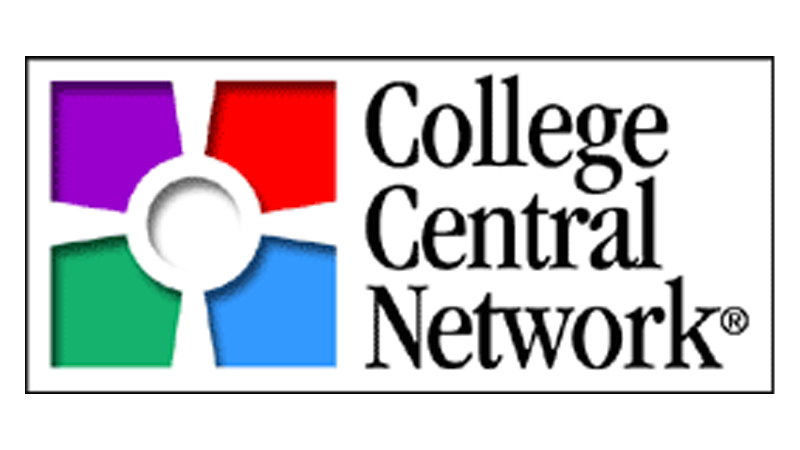Career Pathways and Development
The Career Pathways and Development webpage offers online tools and resources for each of the four stages of the career development process.
Career Pathway Exploration - Four Stages of Career Development
STAGE 1: KNOW YOURSELF
Values, Interests, Strengths, Traits, and Ambitions
Embarking on a career development journey begins with self-discovery. This foundational stage is about introspection and self-assessment. It’s crucial to identify your vision for the future, including what you aspire to achieve professionally. Comprehending your core values is key to ensuring your career aligns with your personal principles, thereby augmenting job satisfaction.
Identifying Interests, Skills, Traits, and Abilities: Interests are the compass that can guide you to a fulfilling career path. By understanding what captivates you, you can explore occupations that resonate with your passions. Skills and abilities are the tools you possess and need to nurture for career success. Traits, such as your personality and work style, are also pivotal in determining roles that suit you.
Self-Assessment Tools and Techniques: Utilize self-assessment tools like personality tests, skill inventories, and career aptitude assessments to gain a better understanding of yourself. Reflecting on past experiences, both successful and challenging, can also offer insights into your professional disposition and preferences. Source: getcareero.com
STAGE 2: EXPLORE DEGREE OPTIONS
Occupational Research, Industry Trends, Career Options for Degrees
With a clearer sense of self, the next step is to explore the vast landscape of occupational options available. This exploration is about connecting your identified interests, skills, and values to potential career paths.
Researching Different Industries and Roles: Dive into research about various industries, understanding trends, and identifying roles that align with your self-assessment. Attend career fairs, read industry publications, and engage in informational interviews to gather in-depth knowledge.
Utilizing Career Resources: Take advantage of career counseling services, online job portals, and professional networking platforms to broaden your understanding of different occupational fields. Engaging with professionals in fields of interest through networking can provide real-world insights that are invaluable. Source: getcareero.com
STAGE 3: GET FOCUSED
Decision Making, Goal Setting, Action Planning
The decision-making process is a critical stage where you evaluate the career options you’ve explored. This involves weighing the pros and cons, considering long-term prospects, and aligning choices with personal and professional goals.
Evaluating Career Options: Analyze the information you’ve gathered about each career possibility. Consider factors such as job satisfaction, growth opportunities, work-life balance, and how each option fits with your life plan. Consulting with mentors or career advisors can provide additional perspectives.
Setting Realistic Goals: Establish realistic and attainable career goals based on your evaluation. Ensure these goals are specific, measurable, achievable, relevant, and time-bound (SMART). This clarity will streamline your focus and direct your efforts more effectively. Source: getcareero.com
STAGE 4: TAKE ACTION
Gain Experience, Job Search Tools, Connect with Employers
Taking action is about turning your decision into reality. It’s the execution phase where you apply the insights gained from the previous steps to achieve your career objectives.
Crafting a Career Action Plan: Develop a detailed action plan that outlines the steps you need to take to reach your goals. This may include further education, skill development, networking strategies, or job search techniques. A well-thought-out plan creates a roadmap to follow, making the process less overwhelming.
Implementing Your Plan: With a plan in hand, it’s time to implement it. This could involve applying for jobs, enrolling in courses, or seeking out mentorship opportunities. Stay proactive and adaptable, as the path to your career goals may require adjustments along the way. Source: getcareero.com
- On-Campus Student Work Study Program
- Cooperative Education Internships
- Job and Internship Opportunities
- Veterans Reemployment
Explore More
What Can I Do With This Major features 100 major profiles with information on common career paths, types of employers that hire in the field, and strategies to maximize opportunities. Scroll to the bottom of each profile for links to professional associations, occupational outlook information, and job search resources.
Explore the diverse fields within Agriculture, Food, and Natural Resources through various resources. Check out this YouTube video for an overview of the industry. For career options, visit the CareerOneStop page dedicated to this career cluster. You can also find quick facts from the Bureau of Labor Statistics that highlight career paths and opportunities.
If you’re interested in specific majors, the site What Can I Do With This Major provides insights on potential careers based on your field of study. For a comprehensive list of college majors, check out mymajors.com, and for academic plans offered by Columbia State Community College, visit the Programs of Study page.
Planning your educational journey is essential, and you can find helpful tools at PathwayU (coming soon!). Additional resources for students and parents include the Advance CTE page on Agriculture, Food, and Natural Resources. If you need guidance on college planning, refer to the College Step-by-Step Guide and explore financial aid options through Columbia State's Financial Aid page and the Cost of Attendance. For further career information, visit CareerOneStop.








